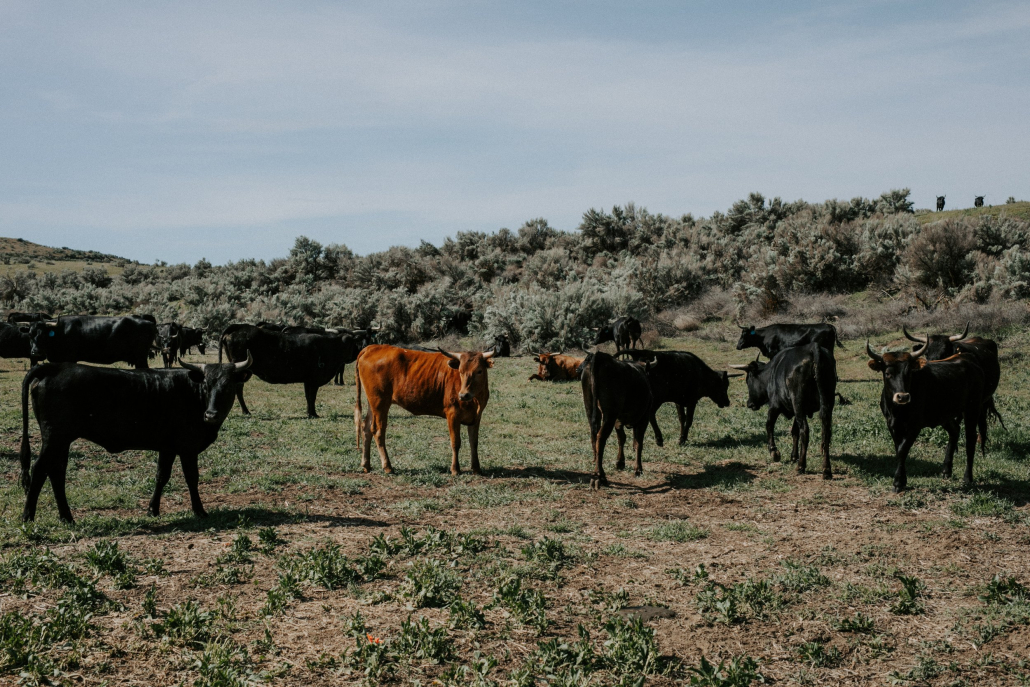When TJ Mercer met Joshua Jacobs in an Innovation in Engineering and Design for Global Crises class, Mercer told Jacobs to watch a documentary on regenerative agriculture called “Kiss the Ground” (2020). It ended up changing both of their lives.
“[The documentary] sort of opened me up to a whole new world of this amazing solution to a problem I didn’t even know existed,” said Jacobs, a junior majoring in chemical engineering.
Now, the two are collaborating on a research project to prove that holistically-raised food yields more nutritional benefits than traditionally-produced food while also benefiting the environment.
“Our topsoil is degrading at an unprecedented rate because of the last 100 years of agriculture mismanagement,” Jacobs said, citing practices like “intensive monocropping” and fertilizer use that harm plants, animals and the surrounding ecosystem.
The project focuses on holistically-raised beef. Cows are traditionally raised in cramped feedlots, which both prevents grass from growing effectively and is detrimental to cow health, said Mercer, a junior majoring in industrial and systems engineering.
Instead, he and Jacobs are researching the benefits of holistically-raised, grass-fed cows.
“What happens with a lot of grass fed [beef], is they cut the grass in the field, or technically corn stalks, and they just bring that to the feedlot,” Mercer said. “But what’s been really interesting for us and the research … is that when you actually put [the cows] in a pasture setting, and they get to eat fresh things that are still alive, it’s way healthier.”
